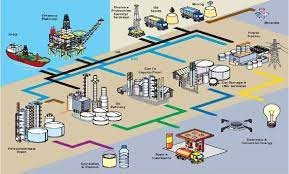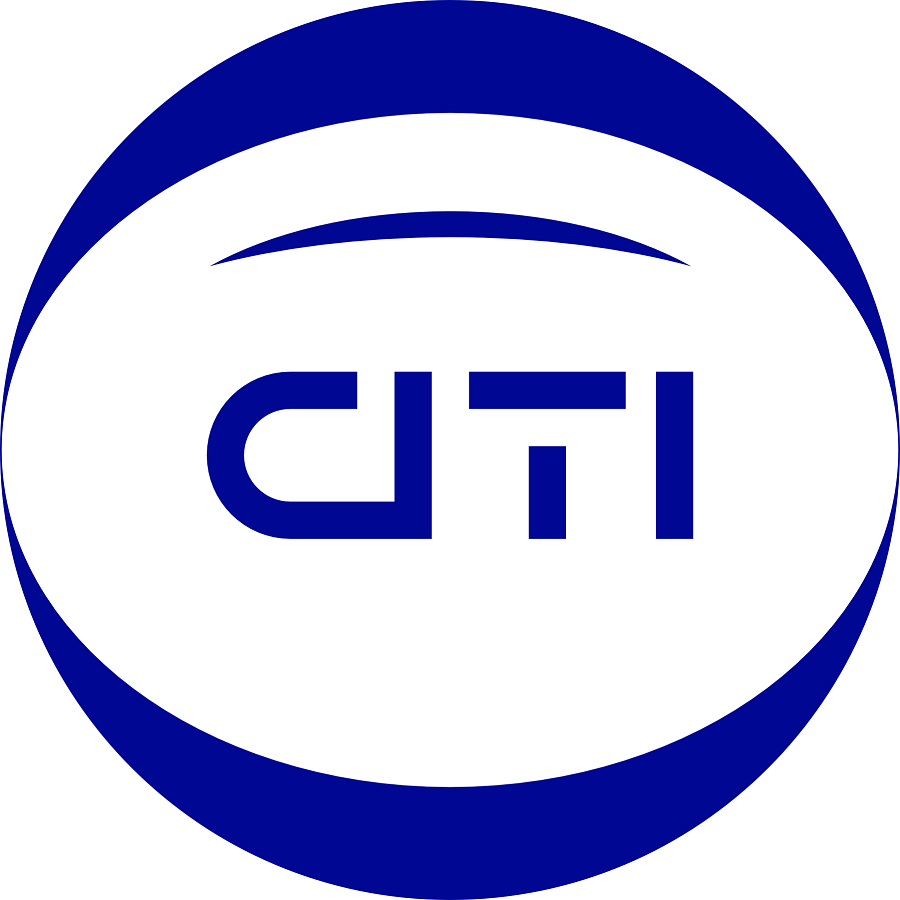Certificate in Oil and Gas Value Chain Management
In Oil and Gas ManagementAbout this course
Course Description, Aims and Objectives
This course provides a broad overview of the key pillars of the oil and gas sector from Upstream (Exploration and Development and Production), Midstream (pipeline, transportation and refining) and downstream i.e. product supplies and storage. This certificate in Oil & Gas value chain Management will provide you with the foundation knowledge of the industry and how you can utilize this knowledge to enhance the competitive edge of your career and services in the petroleum industry. It is designed to prepare future oil and gas managers/analysts for the Uganda's emerging oil & gas industry to be fully trained and competent in all aspects of management, policy, legal and commercial and environmental management so that they may add value to the oil and gas sector.
Holders of this certificate will be recognized internationally and be eligible for employment and membership in globally recognized oil and gas associations/institutes. The above objectives are achieved by;
a) Lectures with many examples;
b) Conferences given by experts from the industry
c) Applied Sessions
d) Syndicate working on case studies and projects
e) Individual assignments to reflect and critique current approaches
f) Field visits to oil and gas projects.
Learning Outcomes
On successful completion of this course, participants would be able to:
1. Display & understand the fundamental pillars of the oil and gas sector and identify opportunitiesfor business or career advancement or networking etc
2. Appreciate project cycles in the oil and gas industry and key players
3. Appreciate best practices for management of oil and gas operations from legal and policy framework, contractual and technology
4. Analyze and evaluate the economics of oil & gas industry and the oil and gas markets.
5. Appreciate petroleum industry cash flow projections and profit analysis.
6. Exhibit such skills that are required on negotiation, operations management, oil & gas accounting and project management for the energy sector;
7. Utilize fundamental knowledge of oil & gas technologies, and apply safety and risk assessment techniques and;
8. Be able to communicate oil and gas matters from a more informed position.
Career Prospects/Occupational Profiles
This course is suitable for:
a) Bankers in departments such as Asset finance, Energy, Risk, finance department among others
b) Individuals working in the oil and gas industry seeking a greater understanding of the fundamentals in the global oil and gas business.
c) Professionals in other financial service sectors such as insurance, capital markets etc
d) New employees and support staff of the oil and gas companies wanting to gain a broader understanding of the various aspects of oil and gas sector.
e) Vocational workers such as mechanics, welders, plumbers, electricians specialized in the oil & gas and ancillary industries.
f) Business managers and executives with a thorough understanding of the oil & gas and ancillary industries
g) Other business and marketing professionals.
h) Members of the general public: members of parliament and civil society.






